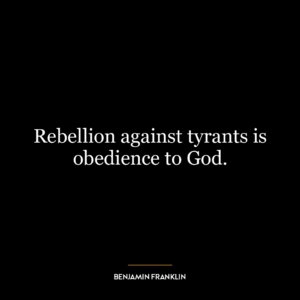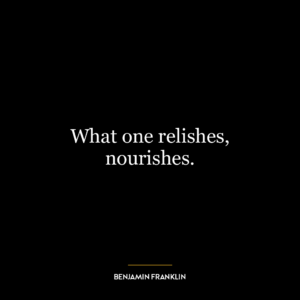He that sows thorns should never go barefoot.
This quote, “He that sows thorns should never go barefoot,” is a metaphorical expression that emphasizes the concept of karma or the principle of cause and effect. It suggests that the actions we take or the seeds we sow, whether good or bad, will ultimately affect us. If we intentionally or unintentionally cause harm or discomfort to others (sow thorns), we should be prepared to face the consequences (go barefoot) ourselves.
The thorns here symbolize negative actions or deeds, while going barefoot represents vulnerability or exposure to the consequences of those actions. So, if one plants thorns, they should not walk without protection, implying that they should be ready to face the repercussions of their actions.
In today’s world, this quote can be applied in various contexts. In the personal development realm, it underlines the importance of being mindful of our actions, as they shape our character and future. For instance, if we cultivate healthy habits, maintain a positive attitude, and treat others with kindness and respect, we’re likely to reap positive outcomes. On the contrary, if we engage in harmful behaviors, spread negativity, or treat others poorly, we might face negative consequences.
In a broader societal context, this quote can be seen as a call for accountability and responsibility. It reminds us that our actions, whether as individuals, communities, or nations, have consequences. For example, if we neglect our environment and continue to exploit natural resources irresponsibly, we should not be surprised when we face the repercussions in the form of climate change, pollution, and natural disasters.
In essence, the quote is a timeless reminder to tread carefully in life, keeping in mind that our actions have consequences, and we should be ready to face them. It encourages us to sow seeds of positivity and goodness, not only for the benefit of others but also for our own well-being.














